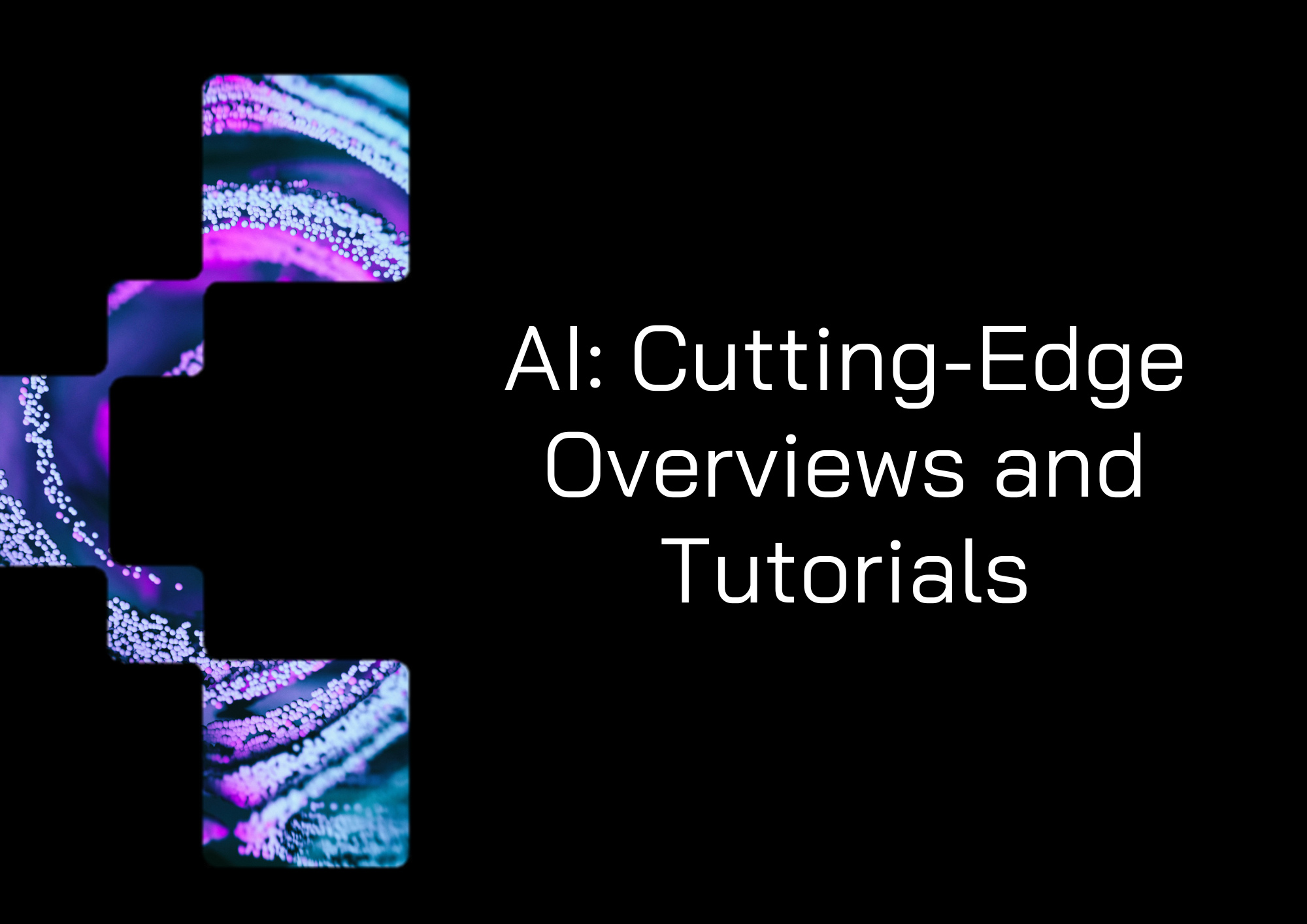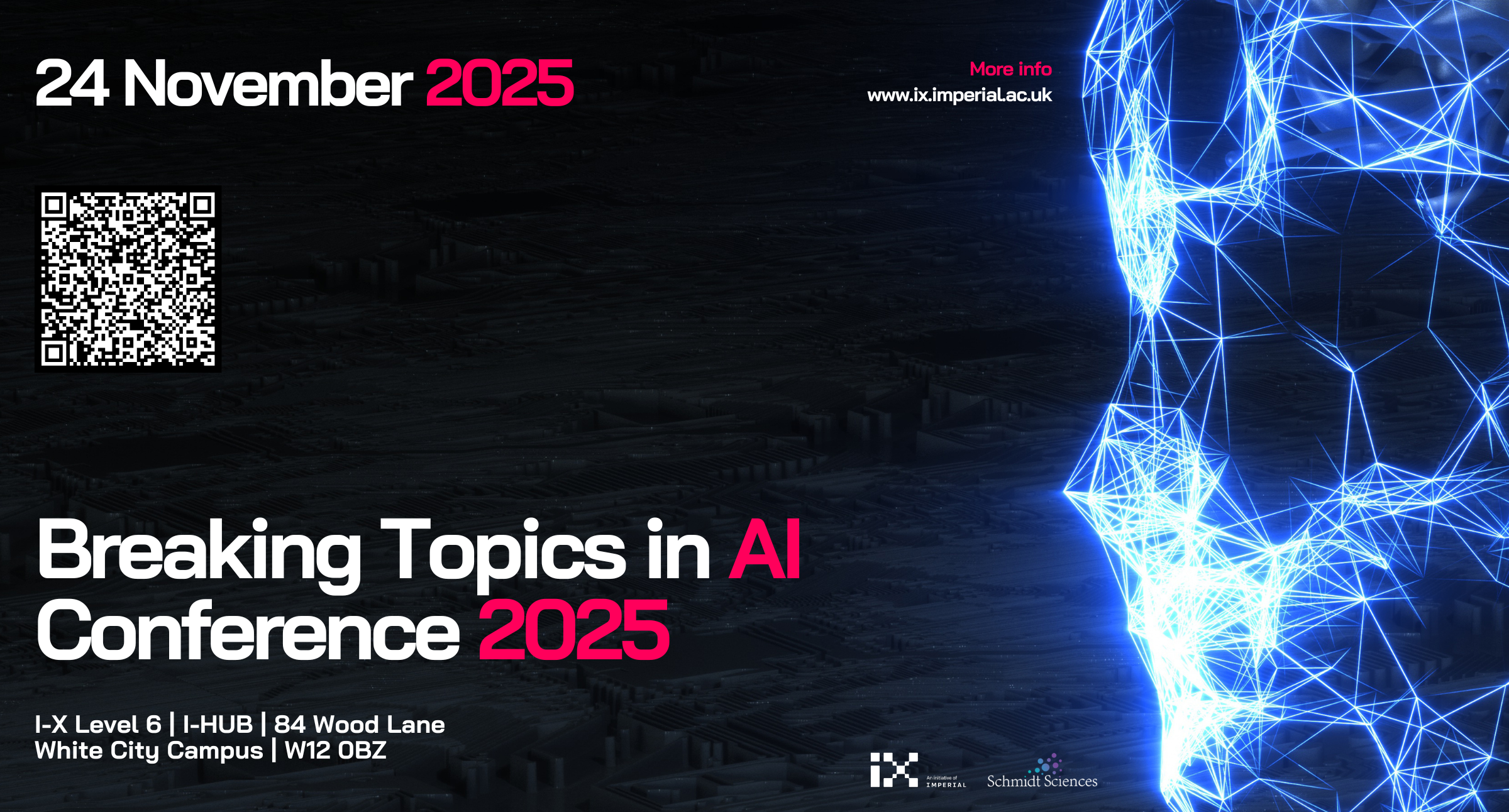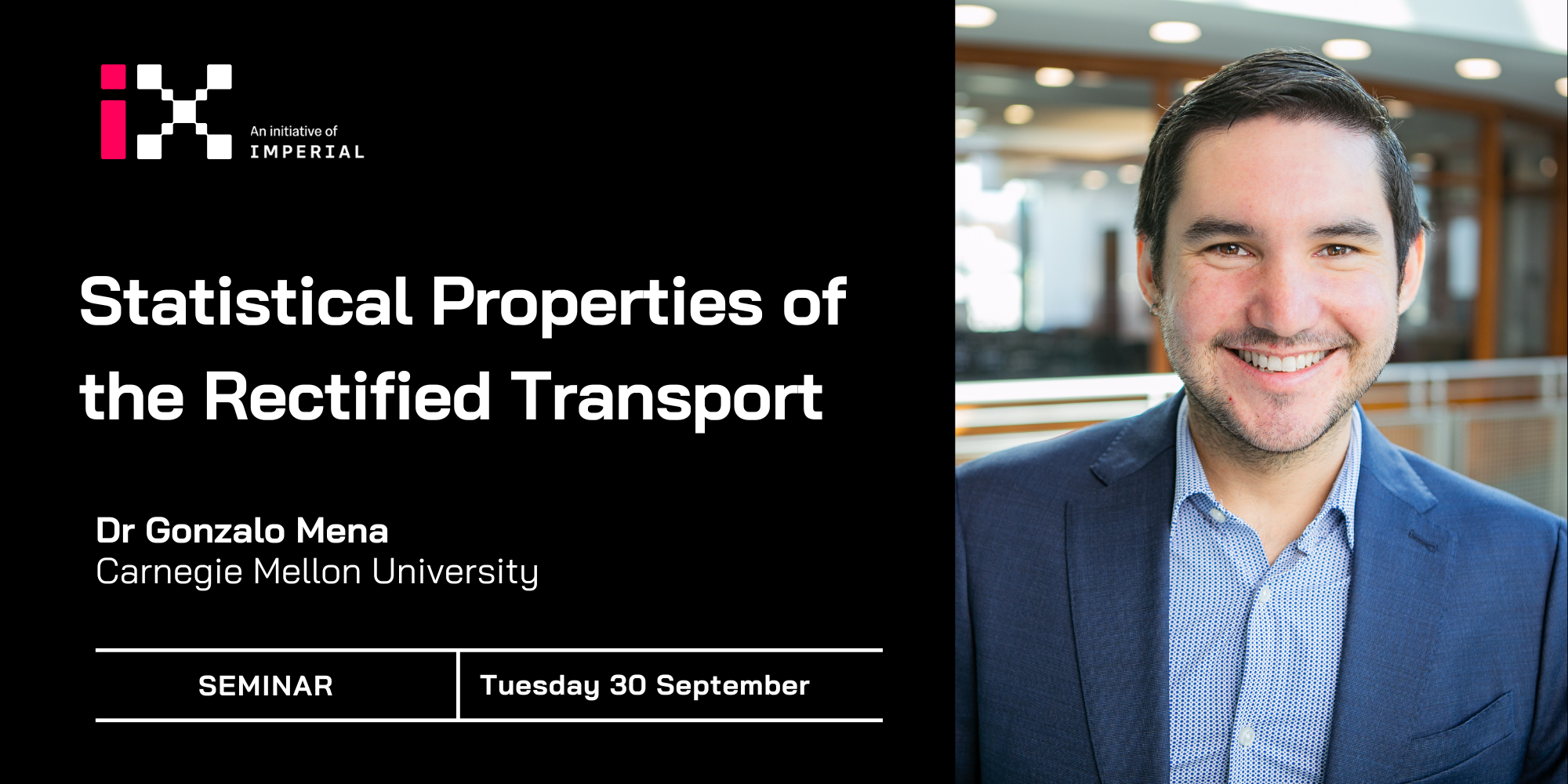Alessio Lomuscio
Alessio Lomuscio is Professor of Safe Artificial Intelligence at Imperial College London (UK), where he leads the Safe AI Lab. He is a Distinguished ACM member, a Fellow of the European Association of Artificial Intelligence and currently holds a Royal Academy of Engineering Chair in Emerging Technologies. He was founding co-director of the UK UKRI Doctoral Training Centre in Safe and Trusted Artificial Intelligence.
Alessio’s research interests concern the development of verification methods for artificial intelligence. Since 2000 he has pioneered the development of formal methods for the verification of autonomous systems and multi-agent systems, both symbolic and ML-based. He has published over 200 papers in AI and verification conferences and journals.
He is the founder and CTO of Safe Intelligence, a VC-backed Imperial College London spinout helping users build and assure robust ML systems.



